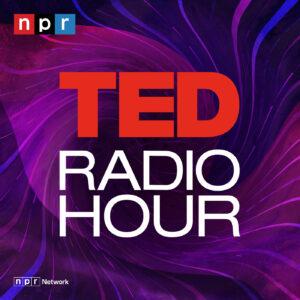
In this special episode of “The Peter Attia Drive” podcast, Peter answers questions on longevity, supplements, protein, fasting, apoB, statins, and more. The podcast focuses on translating the science of longevity into something accessible for everyone, providing content without relying on paid ads and made possible by members.
Peter explains that currently, it’s not possible to live to extreme ages through biohacking. Aging biology pushes us towards the end of our lives, and while we can slow it down, we cannot reverse it. There is a big mismatch between what is portrayed in anti-aging technology and what is actually happening. Knowing this, it’s important to use tools for primary and secondary prevention of disease and optimize our health.
Maximizing lifespan and health span is important as a hedge against the odds of something miraculous happening in the next decade or two. Ultra primary prevention treats people in their 30s to prevent diseases like ASCVD, cancer, neurodegeneration, dementia, and physical frailty. There is a clear path to delay ASCVD significantly by taking dramatic steps early in life.
Biomarkers are important indicators for interventions to know if they are working correctly. However, zero protection drugs that target aging mechanisms do not have biomarkers to measure their effectiveness, making diagnostics and biomarkers important for studying their effectiveness. Controlled experiments can provide precise mechanisms of action but rarely translate to a clear understanding of health.
When considering supplements, it’s important to weigh the potential risks and rewards. Recommended supplements include EPA and DHA (fish oil), vitamin D, slow mag (magnesium), and methyl folate and methyl B12. Ashwagandha, glycine, and magnesium L3 and 8 are taken at night for better sleep. It’s important to consider the clinical history and context before taking supplements.
The terms “good” and “bad” cholesterol are inaccurate and reflect a lack of understanding of cholesterol and lipoproteins. Nutrition research is flawed and hard to do due to the complexity of both the organism being studied (humans) and the intervention (eating). Energy balance is the most important parameter for determining metabolic health regardless of the specific diet followed.
Protein intake depends on muscle mass and caloric deficit. Maintaining muscle mass as we age is important to prevent frailty. Morpheus is a recommended wearable for tracking heart rate, respiratory rate, and heart rate variability. CGMs are still valuable tools for non-diabetics to gather more information and dial in treatment.
As we navigate the complexities of longevity, it’s important to focus on primary and secondary prevention of disease, understand the limitations of biohacking, and make informed decisions about supplements and nutrition. Maximizing health span and maintaining physical abilities as we age are key goals. The future of technologic breakthroughs for extending lifespan is uncertain, but by optimizing our health and using available tools, we can improve our chances of living a robust and healthy life.